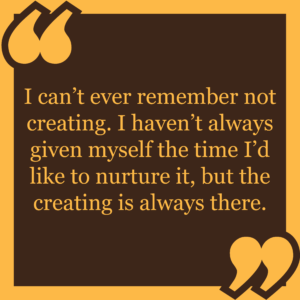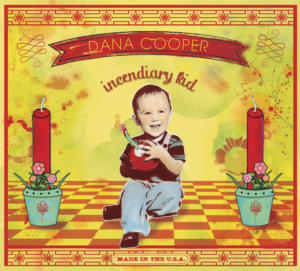 Artist/Band: Dana Cooper
Artist/Band: Dana Cooper
Website: www.danacoopermusic.com
Hometown: I grew up in two hometowns, Kansas City and Independence, Missouri
Latest Album/Release: “Incendiary Kid” (Travianna Records)
Influences: Cole Porter, Hank Williams, Ray Charles, The Beatles, Joni Mitchell, Bob Dylan
TrunkSpace: How would you describe your music?
Cooper: Eclectic, humanist, folk and roll
TrunkSpace: You signed with Travianna Records for the release of your latest album, “Incendiary Kid.” Did partnering with the label change up the process for you at all?
Cooper: Being part of a team of people who believe in what I do is a luxury all artists dream of. The folks at Travianna Records handle radio promotion and publicity as well as manufacturing and distribution. Their efforts help enormously in building awareness of my music and building a larger audience.
TrunkSpace: If we were to sit down with your very first recorded material and “Incendiary Kid” side by side, where would we hear the biggest differences in your songwriting and musical point of view? Where have you changed most as an artist between then and now?
Cooper: My first songs were recorded on a small reel to reel. They were adolescent love songs with an occasional protest song about the Vietnam War or the Civil Rights Movement. Now I tend to write fewer love songs and more about the human condition. Since those early days, I’ve continued to challenge myself on guitar and a variety of musical instruments, which offers me more choices in what I write and how I perform.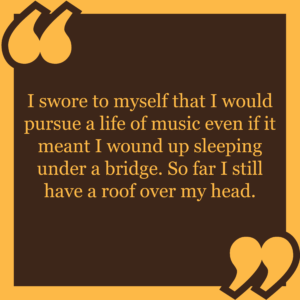
TrunkSpace: When it comes to songwriting, what is your lyrical approach? Are you writing from experience or are you writing more as a storyteller?
Cooper: My approach to lyric writing is all over the place. I record snippets of ideas on a digital recorder or jot lines down in an ever-present notebook. I travel a lot and write about things I see and experience along the way. Mostly I take more time with the entire process now, accumulating stories and taking whatever time necessary to see it through.
TrunkSpace: Is a song ever truly finished or are you constantly tweaking and retweaking? If a song does receive its curtain call, how do you know when it’s time to move on to the next one?
Cooper: There is a certain amount of tweaking, rewriting, and rearranging with most of my songs. Many endure, some fall off the set list. I still perform a few songs I wrote as a teenager. It is a challenge to keep up with the hundreds of songs I’ve written. Once in a while I revisit neglected ones to relearn and add them back into my shows. At this point it all seems a bit insurmountable. So, the most recent songs tend to dominate the list. Those that lose their resonance with the audience fall into oblivion.
TrunkSpace: We read that you “dedicated yourself to a life of music over 40 years ago.” What has that dedication looked like? Have you chosen to walk away from other passions or interests to commit yourself to music?
Cooper: I wrestled with self doubt, the drive for financial success on and off for a long time. There was an exact moment of realization many years ago when I knew without a doubt that I would pursue a life of music regardless of success or failure. I swore to myself that I would pursue a life of music even if it meant I wound up sleeping under a bridge. So far I still have a roof over my head. This commitment meant walking away from two stints in college, one in art, another in horticulture. I still dabble in both but music remains my passion.
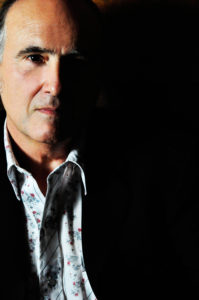 TrunkSpace: You began writing songs at age 13. Teenagers often see life from a different set of lenses than adults do. Sometimes the small things seem so big and the big things seem so small. What did beginning your songwriting journey at such a young age teach you about the craft and process? Is there anything that you learned during those early days that you still apply to your career today?
TrunkSpace: You began writing songs at age 13. Teenagers often see life from a different set of lenses than adults do. Sometimes the small things seem so big and the big things seem so small. What did beginning your songwriting journey at such a young age teach you about the craft and process? Is there anything that you learned during those early days that you still apply to your career today?
Cooper: My father George was a lover of songs and the people who sang them. He encouraged me to sing along with the radio from the time I was two years old. He loved all kinds of music, from big band to pop to country to rock. And there was always an LP or a 45 spinning on the little record player. Dad took me to my first concert when I was three. We went to see Ernest Tubb and I believe I knew that night what I wanted to do the rest of my life. By the time I wrote my first song I had already paid deep attention to songwriters and how songs were written. Like most artists, I strive to return to that childlike place where the music began. Honesty, simplicity, and vulnerability are key to writing songs that resonate with the listener.
TrunkSpace: Where are you hardest on yourself as an artist/songwriter?
Cooper: I’ve wrestled with self doubt from the beginning. I take a critical look at my performances, pacing of the sets, how I communicate with the audience, which songs make people laugh or cry, what stories work and which ones fall flat. I push to keep growing as a writer, a guitarist, a singer, and a performer. And I’m never completely satisfied.
TrunkSpace: You have dozens of albums under your musical belt. Is there a particular collection of songs that is the most memorable, and not for the songs themselves, but for the experience of writing and recording them? And if so, why?
Cooper: Every recording project has been memorable for one reason or another. Undoubtedly my first album on Elektra Records in 1973 was the most profound and exciting. At 21 I was granted artistic control of the production and I got to work with my choice of musicians. I chose people whose work I admired, Russ Kunkel, Leland Sklar, Joe Osborne, Jim Gordon, Jim Horn, Michael O’Martian, Al Perkins, Milt Holland, Gary Coleman, Lee Holdridge. Through the years, I’ve been fortunate to always work with exceptional musicians, engineers, and producers. But this was my first experience and the memory is indelible.
TrunkSpace: What can fans expect from Dana Cooper headed into 2018?
Cooper: This new year I have plans to expand my tour base in the U.S. and in Canada and Ireland. I’m currently in the planning stages of some music videos. For the past few years I’ve been writing more poetry and prose, which I hope to publish in book form. And, of course, I continue to write songs in preparation for the next recording project.


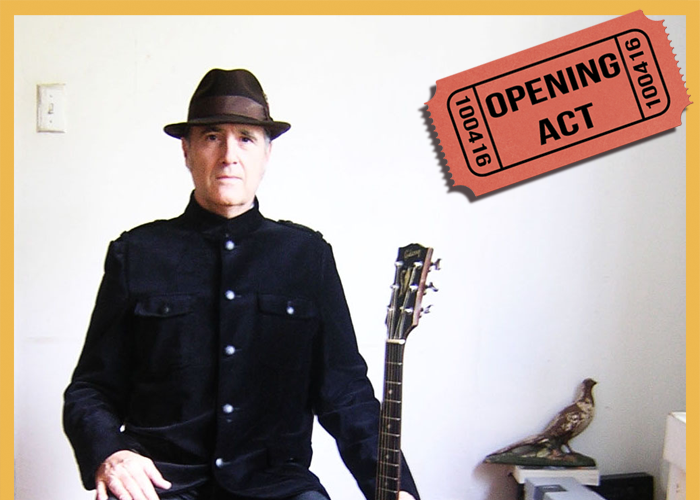


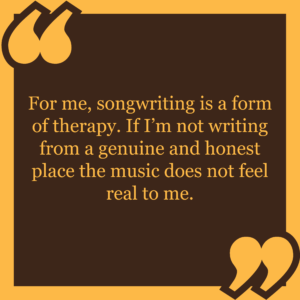 experience? Beyond the music itself, what do you want them to hear and connect to?
experience? Beyond the music itself, what do you want them to hear and connect to?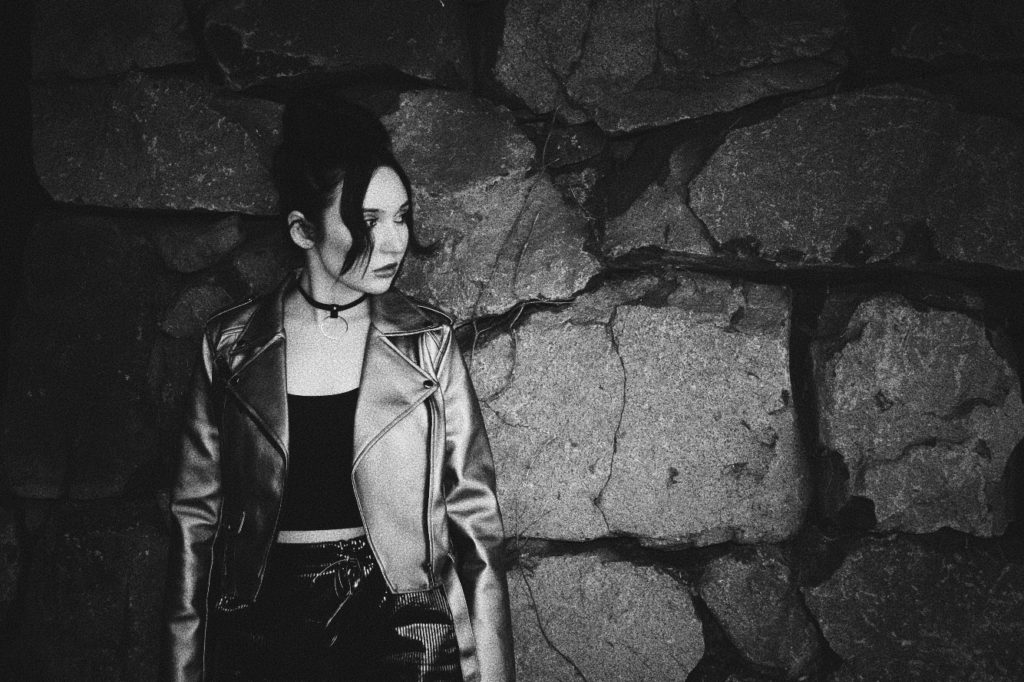


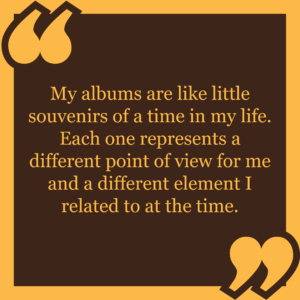
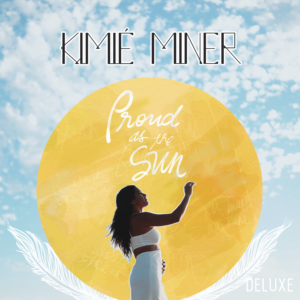 TrunkSpace: What do you think the album says about you in terms of who you are today? Does the collection of songs give any insight into the Kimié Miner of 2017?
TrunkSpace: What do you think the album says about you in terms of who you are today? Does the collection of songs give any insight into the Kimié Miner of 2017?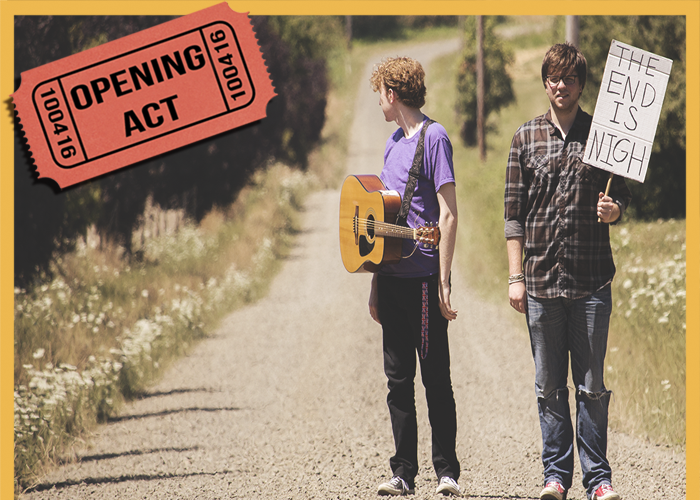
 Artist/Band: Radio Macbeth
Artist/Band: Radio Macbeth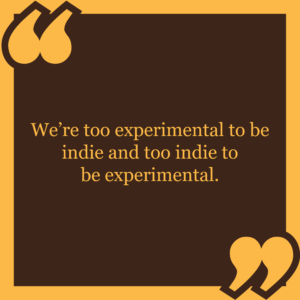 check you out? What are the Radio Macbeth bullet points?
check you out? What are the Radio Macbeth bullet points?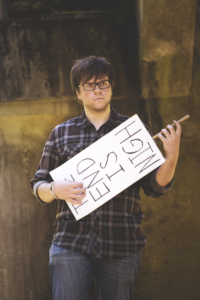 TrunkSpace: You recorded it in an apartment living room. What kind of acoustics did the room have? Did you do anything to the space to get it record-ready?
TrunkSpace: You recorded it in an apartment living room. What kind of acoustics did the room have? Did you do anything to the space to get it record-ready?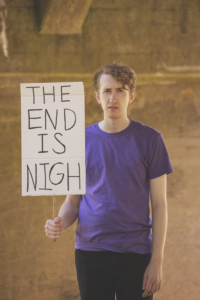
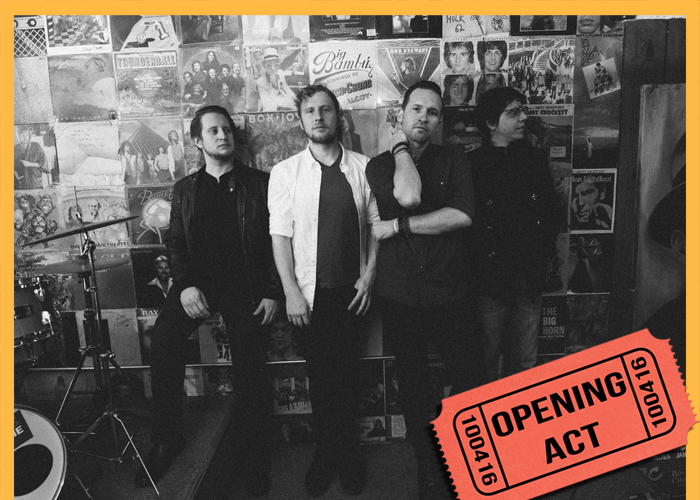
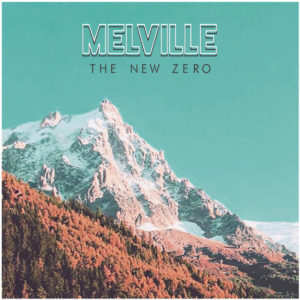 Artist/Band: Melville
Artist/Band: Melville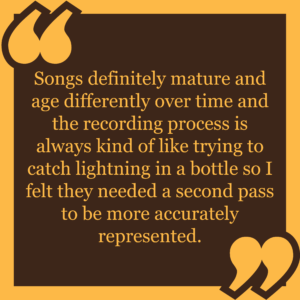 band’s “what’s next” and if so, what does that look/sound like?
band’s “what’s next” and if so, what does that look/sound like?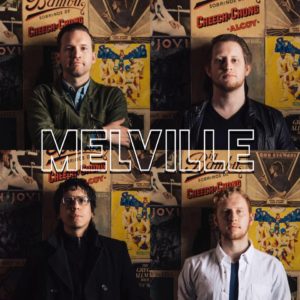 TrunkSpace: There are so many voices on social media – so much noise. How does Melville rise above that and reach ears and eyeballs in a meaningful way?
TrunkSpace: There are so many voices on social media – so much noise. How does Melville rise above that and reach ears and eyeballs in a meaningful way?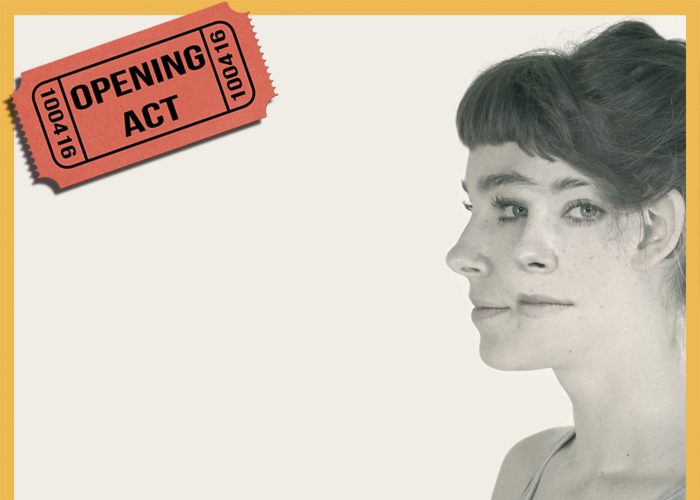
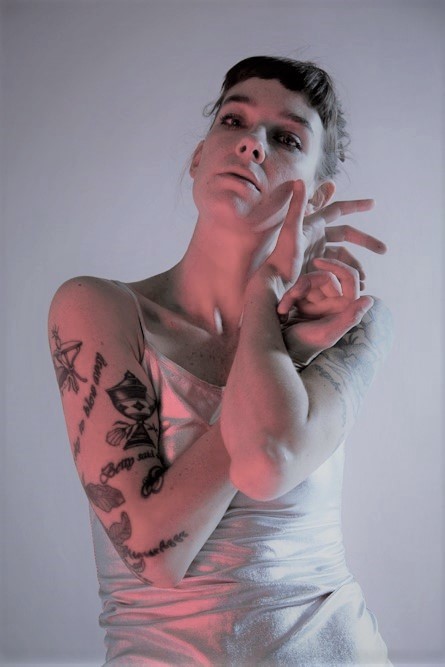
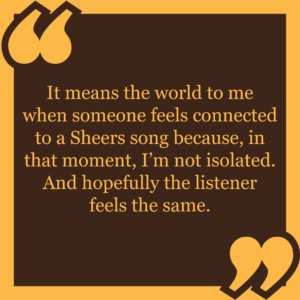
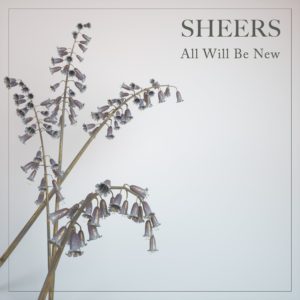
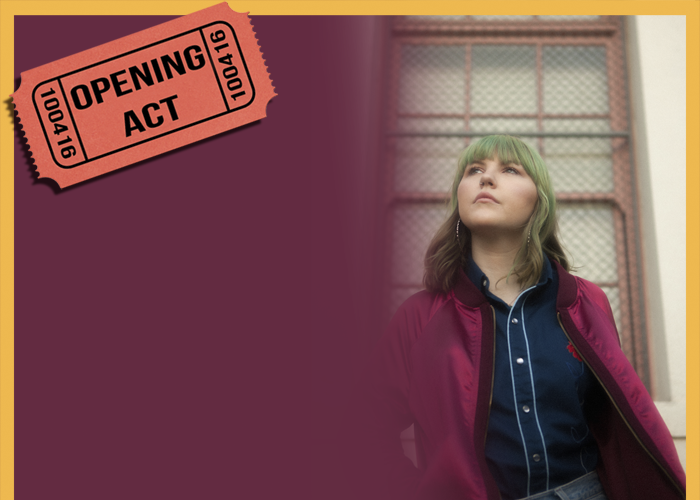
 Artist/Band:
Artist/Band: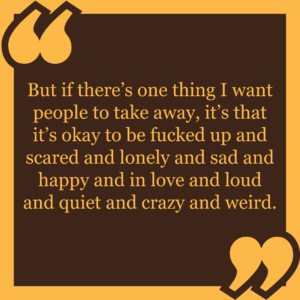 started reaching out to all these artists and music business people I admired and met with everyone just so I could learn what I needed to do. I also took every show I was offered, got a band together of my friends, and played tons of shows…even if no one was there. I learned that to move forward in my career I would need to put myself out there, learn from the people who were already doing it, and just make music. Even if no one is in the crowd, even if barely anyone hears the music, I learned that I had to just keep going it if I ever wanted this to happen.
started reaching out to all these artists and music business people I admired and met with everyone just so I could learn what I needed to do. I also took every show I was offered, got a band together of my friends, and played tons of shows…even if no one was there. I learned that to move forward in my career I would need to put myself out there, learn from the people who were already doing it, and just make music. Even if no one is in the crowd, even if barely anyone hears the music, I learned that I had to just keep going it if I ever wanted this to happen.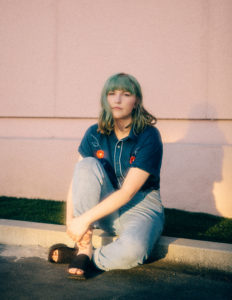 TrunkSpace:
TrunkSpace: 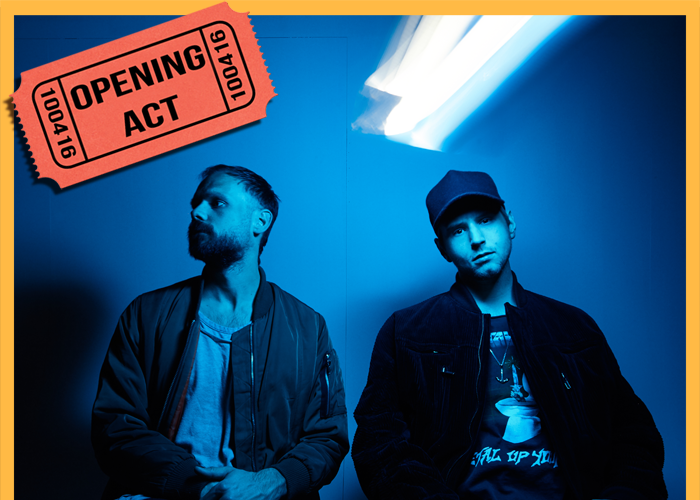
 Artist/Band: Novel Nature
Artist/Band: Novel Nature Novel Nature has a distinct sound all its own, that it also cannot be pigeonholed into any one sub-genre?
Novel Nature has a distinct sound all its own, that it also cannot be pigeonholed into any one sub-genre?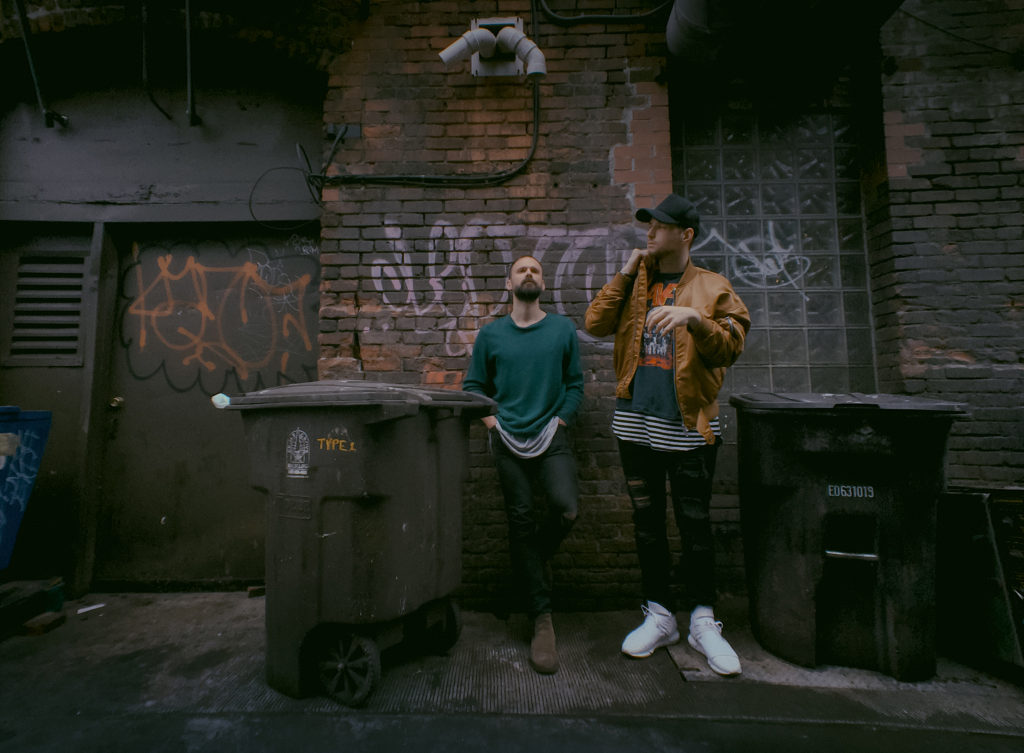
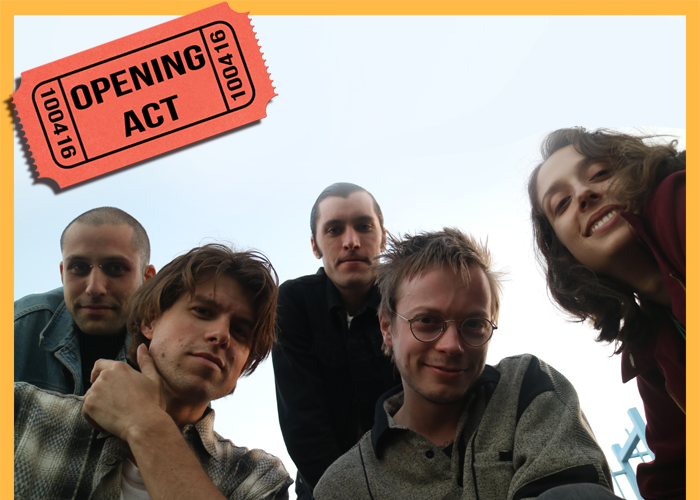
 Artist/Band: Wand
Artist/Band: Wand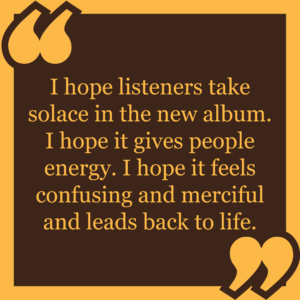 most? Where is it most recognizable on the new album?
most? Where is it most recognizable on the new album?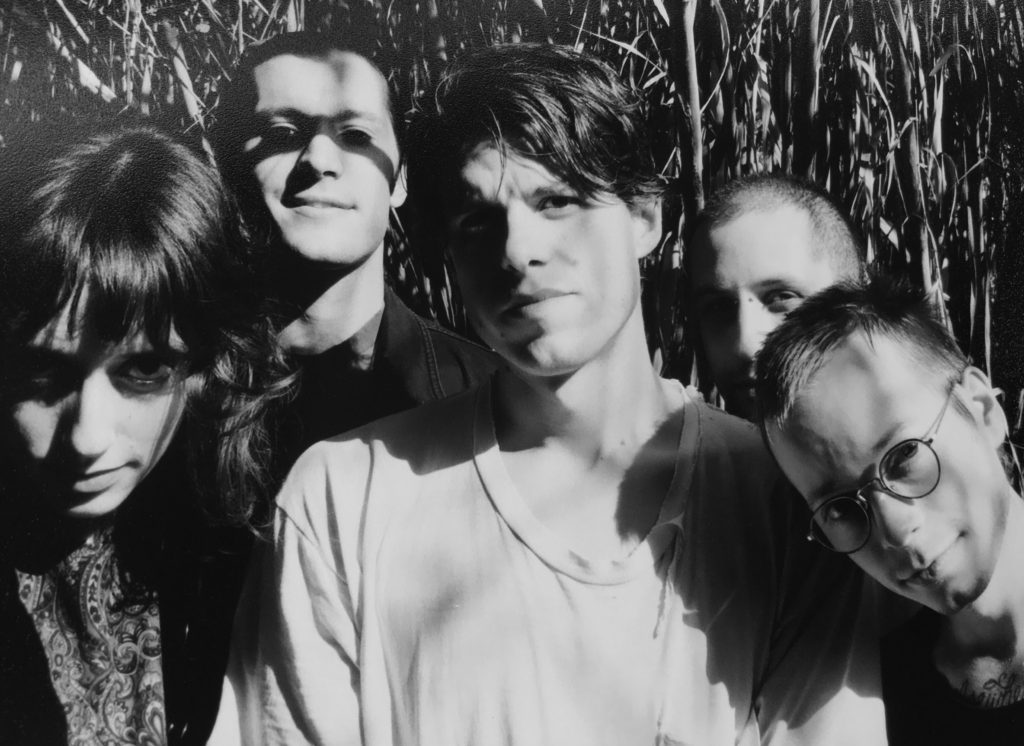

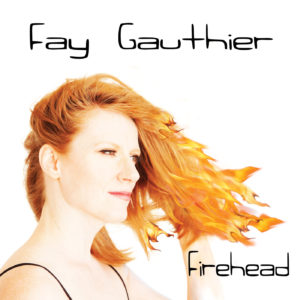 Artist/Band: Fay Gauthier
Artist/Band: Fay Gauthier